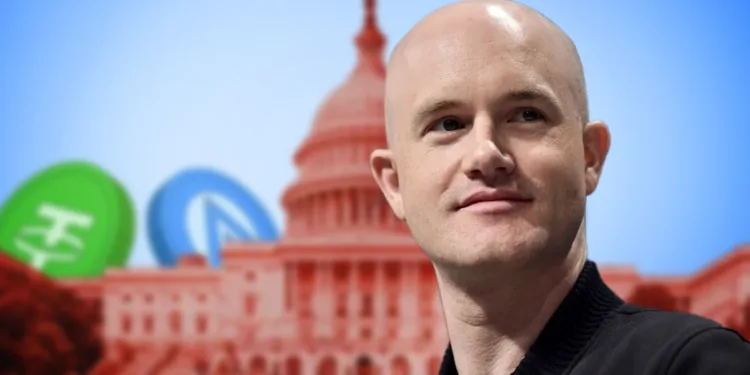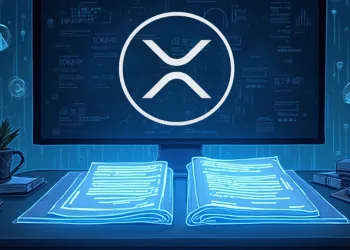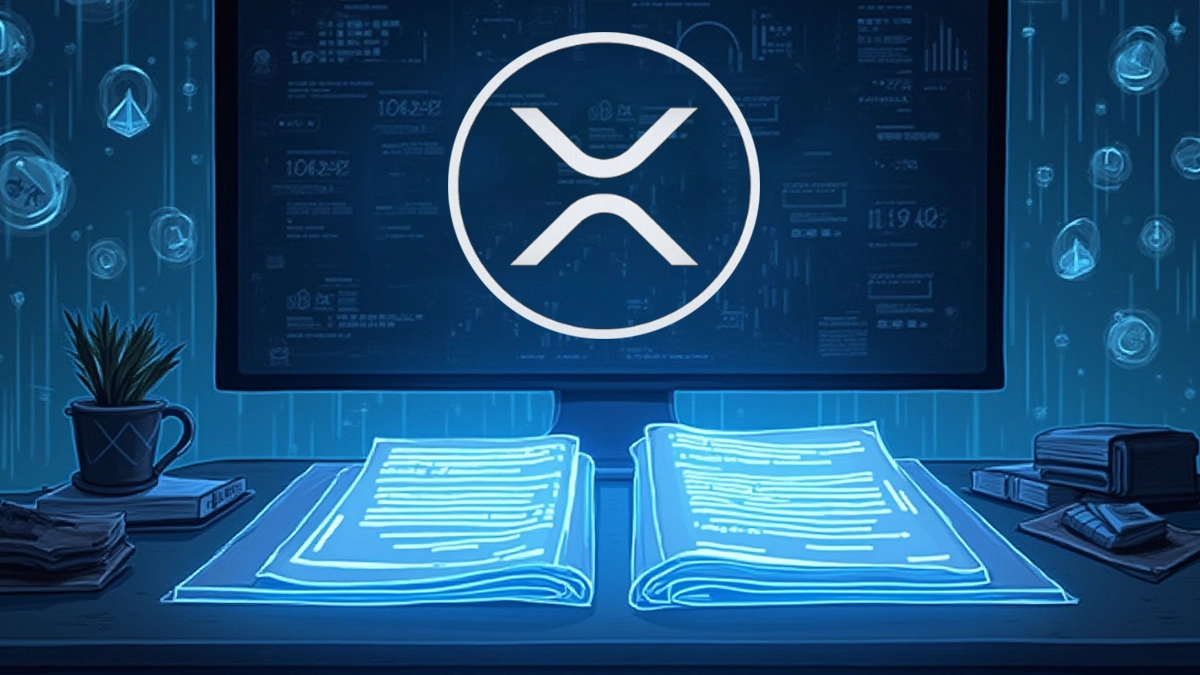- GENIUS Act aims for stablecoin clarity, with bipartisan support for regulatory certainty.
- House bill seeks clear SEC-CFTC distinction, boosting crypto market transparency.
- Coinbase’s Armstrong urges Congress to pass digital asset legislation before summer.
Congress faces a crucial opportunity this week to push forward stablecoin and digital asset legislation before the August recess. With growing pressure from industry leaders and building bipartisan momentum, lawmakers are being urged to act quickly.
The GENIUS Act in the Senate and the new market structure bill in the House both aim to create a clear, federal framework for the crypto industry. These efforts are seen as a pivotal moment for the United States to set the tone for digital asset regulation and innovation.
Coinbase CEO Brian Armstrong has called on Congress to pass meaningful legislation before the summer break. He emphasized the importance of both chambers cooperating to secure regulatory clarity.
His appeal aligns with the recent release of a discussion draft of a comprehensive market structure bill. This bill builds on the FIT21 Act, which passed in the House last year and lays the foundation for the current legislative push.
Congress has a real opportunity this week to advance stablecoin and market structure legislation. We strongly support the Senate starting debate on the GENIUS Act — and we need 60 votes to get there. We also welcome House efforts to build on FIT21’s momentum. Both chambers need…
— Brian Armstrong (@brian_armstrong) May 6, 2025
Stablecoin Clarity with the GENIUS Act
Senator Bill Hagerty’s GENIUS Act has emerged as a key piece of legislation, aiming to establish a clear legal framework for stablecoins. By providing regulatory certainty, the bill promotes a stable, innovation-friendly environment for issuers and developers.
Significantly, the proposal enjoys support from bipartisan and industry leaders. Crypto advocacy groups are pressing the Senate to begin debate, with a 60-vote threshold needed to move it forward.
House Builds on FIT21 Momentum
In parallel, the House is advancing its own proposal through a joint effort between the Financial Services and Agriculture Committees. Their draft seeks to establish regulatory boundaries between the SEC and CFTC.
This distinction has long created confusion in the crypto market. The bill outlines new disclosure rules for digital asset projects and paves the way for developers to raise capital under clear regulatory oversight.
Moreover, this legislation is designed to close gaps in the current oversight regime. A joint hearing is scheduled to review the draft and gather further input from stakeholders. The outcome could influence how crypto businesses operate in the U.S. for years to come.














